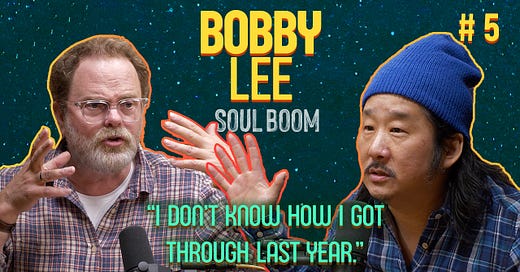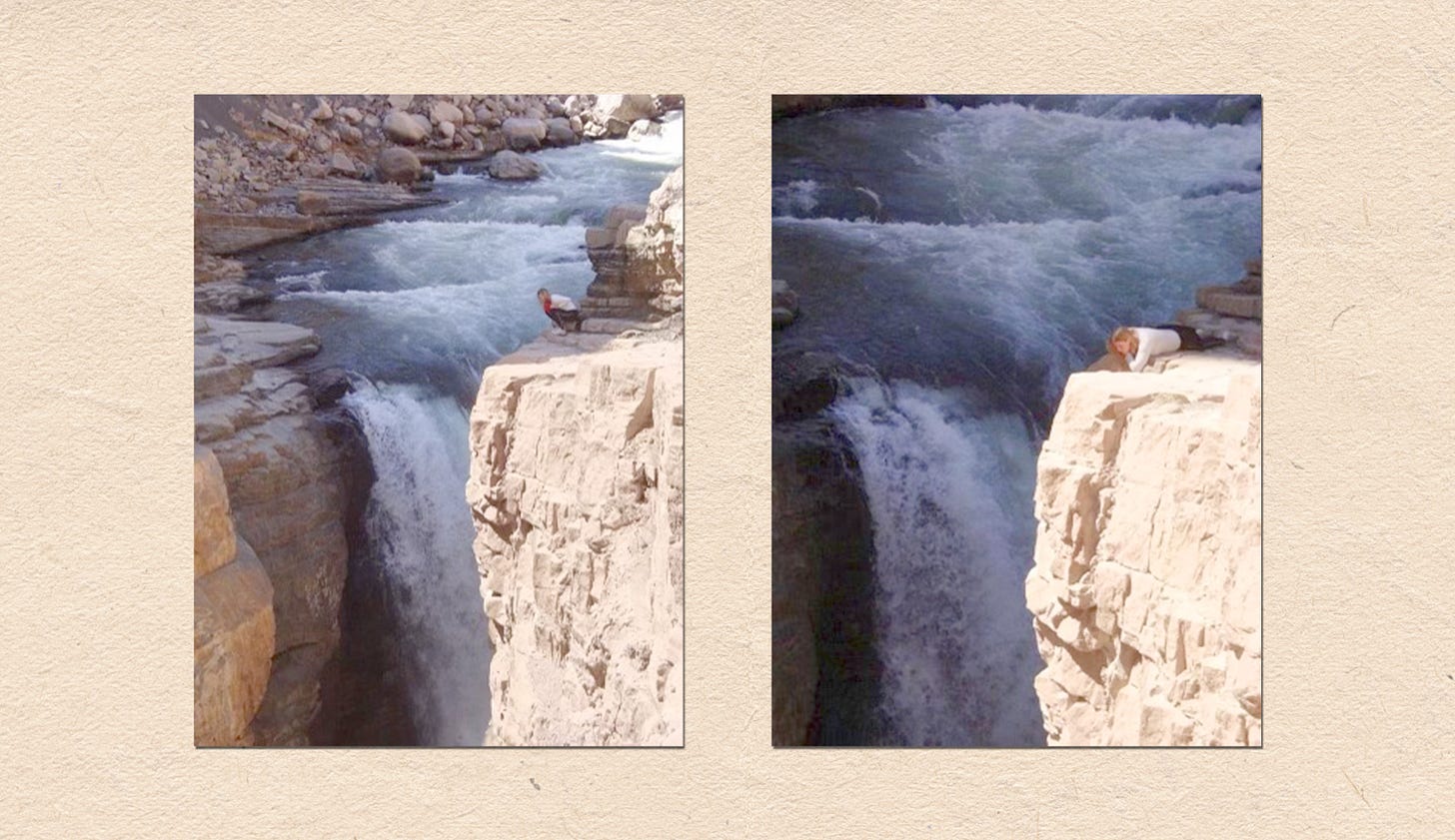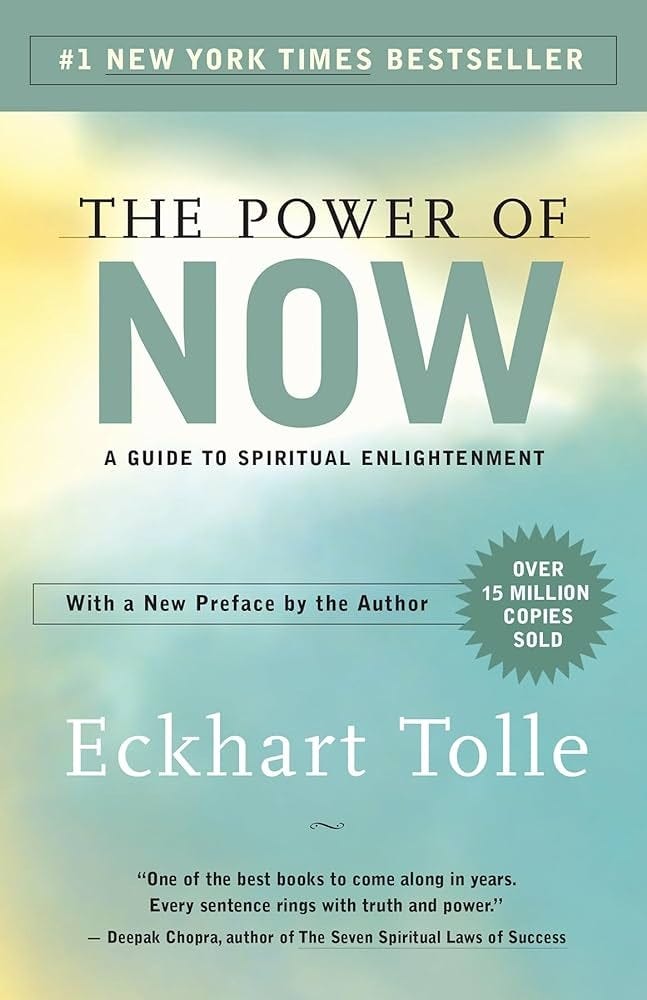This week on the podcast Comedian and actor Bobby Lee (Tigerbelly & Bad Friends podcasts) joins Rainn Wilson for a profound conversation exploring spirituality, redemption, and the intricacies of human emotion. Bobby shares candidly about his personal struggles with addiction, the impact of significant life events on his sobriety, and his journey towards spiritual and emotional healing. Bobby discusses the false spiritual experience that performing onstage can often give him. The two delve into how different, seemingly meaningless encounters with certain individuals throughout life can be transformative.
Rainn’s Reflections
The recording of our pod this week with the extremely endearing and funny Bobby Lee stirred up a lot of memories. We both went deep, recalling our respective struggles with mental health and addiction.
As detailed in my book, The Bassoon King, I grappled with profound mental health challenges throughout my twenties and thirties, a saga marked by agony and hardship. Following my college years, I found myself ensnared in relentless anxiety, enduring years of debilitating panic attacks. There were stretches of time where I was submerged in the murky depths of clinical depression, sinking to emotional nadirs from which escape seemed an elusive fantasy. The specter of suicide even loomed in my thoughts, casting its ominous shadow.
My mental health challenges weren’t happening in a vacuum. I also contended with the relentless specter of addiction, both mental and physical. In my twenties, I grappled with addictions to drugs and alcohol. But I’ve also struggled with nearly every other form of addiction imaginable: from food to gambling, from pornography to workaholism, from codependency to the seductive allure of social media.
Mercifully, there was a part of me always seeking the light. I consistently sought solace in therapy, buoyed by the unwavering support of cherished friends and family, as well as the profound understanding of a life partner who walked beside me with empathy and fortitude. And when it came to addiction, I found refuge in the Twelve-Step Program of recovery. In those rooms, there was the community, accountability, and systemic action needed to subdue my addictions.
Even now, dealing with mental health issues and addictive tendencies requires constant attention. I navigate the labyrinth of an ongoing anxiety disorder with needed diligence and a regimen of therapy — copious amounts of it. And addiction isn’t altogether gone either — even seemingly innocuous indulgences like caffeine and sugar have ensnared me in their grasp. And now, ironically, it's the incessant allure of my iPhone that’s my biggest bugaboo! So I am far from perfect. But I have found a stable rhythm to turn to that keeps me from going off the rails.
Because of my past experiences, I can’t help but look with alarm at our current global mental health crisis. It is a relentless onslaught disproportionately afflicting our youth in unprecedented ways. But not everyone seems aware of it. Through countless talks and presentations at colleges and universities, I've witnessed a stark divide: the younger generation are keenly aware of this harrowing reality, while their older counterparts remain largely oblivious.
According to the Brookings Institute, in the US there were around seventy thousand deaths annually from suicide or drug-and alcohol-related causes between 2005 and 2019—grimly dubbed "deaths of despair" by mental health experts. We are truly facing a crisis.
And yet, as it has been said, a crisis is a terrible thing to waste. Not to romanticize it, but the crisis of mental health, both for the individual and the collective, can serve as a catalyst for spiritual growth. The great teacher and writer Julia Cameron once said:
“Necessity, not virtue, was the beginning of my spirituality.”
What was true for her couldn’t be more true for me — and perhaps for you too? And so, while the pain of those earlier times was undesirable, I am nonetheless profoundly grateful for it, as it has brought me here on this Soul Boom journey.
Thanks for tagging along.
If you, or someone you know, is struggling with mental health challenges, resources and support can be found at nami.org
PS: We’re just scratching the surface here. If you want to go deeper, buy the Soul Boom book.
Guest Essay: “Finding Awe” by Samantha Snowden
May is Mental Health Awareness Month. And when we talk about mental health, we often focus on what goes wrong and how to get ourselves back to equilibrium. But another key aspect of mental health is in finding ways to transcend surviving to actually thrive. Thriving involves reflecting upon the moments when we feel truly present, joyful and enraptured by the beauty of life. So today, let’s explore one of these peak human emotions: Awe.
When’s the last time you felt a sense of awe? You might remember a time when you visited a famous monument or witnessed the birth of a child, big events that happen once in a lifetime.
However, we can access awe in our everyday lives by bringing more of ourselves to the present moment.
A few years ago, I participated in a weekend workshop on the benefits of awe. I was amazed to discover that awe, like many other positive emotions, has been well researched. Like in all research endeavors, it’s important to clearly define what the emotion being studied really is. So, I would like to share one of my favorite definitions of awe here. Awe has two main features. The first is the perceptual vastness that we feel when we encounter something “immense in size, number, scope, complexity, ability or social bearing (e.g., fame, authority)”. Secondly, awe changes our understanding of the world to some extent, requiring us to update our ideas of what’s possible.
And awe helps us tap into our innate creativity by expanding our repertoire of opportunities, opening doors to new ideas and solutions that may have been previously inaccessible. It expands our perception of time and, consequently, our openness to new knowledge.
Awe also gives us a sense that we have more time available which promotes patience and ease. Researchers found that those who experience awe volunteer more and are more likely to help someone in distress. They also found that awe shifts our desire away from material goods toward experiences.
So how do we experience awe in our everyday lives? The secret is presence. By slowing down and being more present, we are able to witness the complexity of everyday aspects of our lives. From the intricate patterns of flowers, to the mechanics of our own human bodies, we can take time out of our day to contemplate and witness the extraordinariness in our ordinary lives. Right now, I am sitting outside of my house and taking breaks to look at the vibrant lavender. I see a bee dutifully flying from one flower to the next, pollinating, knowing what to do to allow more life to grow. I look around in awe of the enormity of the palm trees in my yard and the diversity of trees all around me.
As we experience these everyday moments of awe, a door to creativity and possibility opens within us. We may discover solutions to problems that we’ve been stuck on or realize one small, meaningful action to take that leads to our growth, expansion and joy. One of my favorite researchers, Barbara Frederickson, has researched the power of positive emotions, like joy and hope, more broadly. Her broaden-and-build theory of emotions says that positive emotions expand our ideas of what’s possible. This leads to more hope and optimism and then more positive emotional states. Like an upward spiral, we access more and more of our creative potential and begin to believe that the life and even the world we imagine, is possible.
How can we begin to open ourselves up to awe?
When I think of carving out sacred space for ourselves, I think of Ranier Maria Rilke, one of my favorite writers and poets. To Rilke, writing was a sacred act. When he sat down to write, he chose one of two pens; one for non-poetic tasks, like signing checks or responding to bills, and the other reserved for poetic works alone. He wore his dark tailored suit, sat at his desk covered with a silk scarf, and used his expensive “work” paper to begin the sacred act of writing for the day.
I like to approach my meditation practice with a similar intention, to see it as a sacred act. Meditation often begins with our posture. Getting into our posture is a way of telling our minds that this is a special time to greet ourselves with the utmost acceptance, just as we are. I like to think of the meditation posture and my body as a strong, rooted mountain. The stillness and strength of a mountain reflects what we awaken in ourselves during mindful meditation. We aim to observe instead of react, invite openness instead of micro-managing, and choose curiosity over judgment. Many Buddhist teachers have said that if we get the posture right we don’t have to concern ourselves with much else. The practice is clear and things fall into place.
In meditation, I often experience awe. One time a participant’s dog began to bark during our meditation and I encouraged everyone to incorporate the sound into our practice. “Get curious about how the bark lands in your body. What sensations arise?” At one point, I felt like I could feel the dog’s low bark in my own chest and throat, like if I tried, I too could bark along. I sensed what it might be like to make that sound. The ordinary becomes extraordinary. Another time, during a mindful listening practice, I was listening to the sounds of cars speeding by outside. As I listened, I could have swore I was listening to the sound of ocean waves. There was no difference. Awe.
So as summer approaches, I encourage you to find your own sacred moment of awe. Perhaps you’ll marvel at something you witness on your travels, or even at a sporting event, witnessing the sheer power and ability of your favorite athlete. And perhaps you’ll close your eyes and discover in your ordinary breath something extraordinary — the awe of being alive.
Samantha Snowden is a Mindfulness Coach and Mindfulness Meditation Teacher based in Los Angeles. Samantha has volunteered in Guatemala, Portugal, Spain, the UK, Sweden and Peru providing Community-Based Psychological services to youth and families. She offers Mindfulness Coaching and Facilitation for youth, adults, families and educators both in person and online. Find her on Instagram: @anchored_sam.
RECOMMENDATION CORNER
In this week’s episode, Bobby Lee invokes two iconic books: The Power of Now by Eckhart Tolle and The Four Agreements by Don Miguel Ruiz. Here’s why we love both of them.
In The Power of Now, Tolle offers a guidebook for navigating the chaos of life. Tolle teaches his particular approach to the art of living in the present moment, shedding the burdens of the past and the anxieties of the future. He shows us how to quiet the incessant chatter of the mind and tap into the profound peace that resides within each of us. Many people have found that it transformed the way they see the world and their place in it.
Meanwhile, in Ruiz’s The Four Agreements, we find a practical roadmap for living a life of freedom, happiness, and authenticity. Ruiz lays out four simple, yet profound, principles—be impeccable with your word, don't take anything personally, don't make assumptions, and always do your best. His thesis: when put into practice, these four precepts have the power to revolutionize your relationships, your mindset, and your entire way of being. It's a blueprint for personal transformation that's as practical as it is profound.
Maybe, like Bobby Lee, you’ll find that these books complement each other. The Power of Now teaches us how to be in the present moment, or as Ram Dass would say, to Be Here Now. While The Four Agreements gives us the tools we need to navigate those moments and complexities of human interaction with grace and integrity. Together, they provide a powerful set of tools for living a life of presence and purpose.
Whether you're a seasoned seeker, or just dipping your toes into the waters of spiritual exploration, The Power of Now and The Four Agreements just might be what you need right now. Be sure to check out our latest podcast episode and hear what they meant to Bobby Lee himself.
Until next time… may you find peace, love, and infinite possibility!








